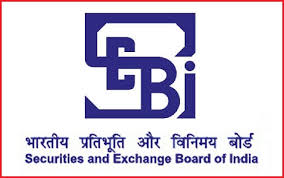
India’s capital market regulator has proposed amendments to tighten laws governing auditors and other third-party individuals hired by listed companies for auditing financial results, among other things.
The Kotak Committee, formed to come up with proposals for improving corporate governance, last year recommended that the Securities and Exchange Board of India (SEBI) should have clear powers to act against auditors and other third-party individuals or firms with statutory duties under the securities law.
Auditing lapses have caused several frauds to go unnoticed for years and the capital market regulator has had no direct control on the auditing firms.
SEBI has proposed giving the board of directors of the company the authority to take appropriate action after conducting an investigation against the individual or firm that violates any regulations or submits a false certificate or report.
The proposed changes come months after Punjab National Bank, India’s second largest state-run lender, stunned markets after uncovering a $2 billion loan fraud that had gone undetected for years.
Merchant bankers, credit rating agencies, custodians, among others, are registered and regulated by SEBI but chartered accountants, company secretaries, valuers and monitoring agencies do not come under any direct regulators.
The amendments would mean auditors must ensure certificates or reports issued by them are true in all material respects and they must exercise all due care, skill and diligence with respect to all processes involved in issuance of the report or certificate.
The auditors would be responsible to report in writing to the audit committee of the listed company or the compliance officer on any violation of the securities law they noticed.
In January, SEBI barred Price Waterhouse from auditing listed companies in India for two years after an investigation into a nearly decade-old accounting fraud case in a software services company that became India’s biggest corporate scandal.
SEBI has sought feedback and comments on the draft regulations over the next 30 days.
Link: Business Today



